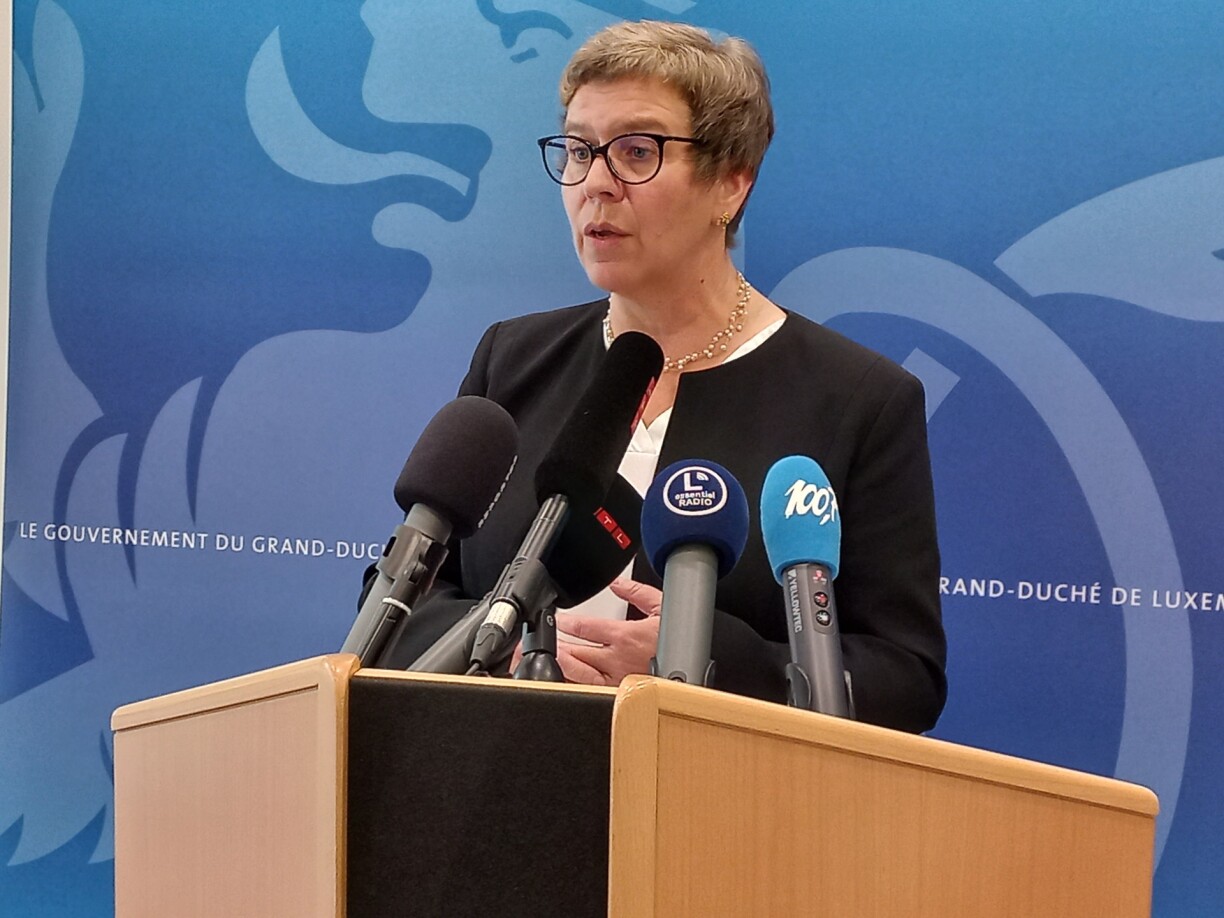
The planned pension reform in Luxembourg remains a work in progress, as confirmed by guidelines issued on Wednesday by Minister of Social Security Martine Deprez.
Since Prime Minister Luc Frieden announced proposals to extend working life in Luxembourg, many workers have been left wondering: What does this mean for me? While Minister Deprez echoed the Prime Minister’s stance on Wednesday, she stopped short of providing concrete details on how the changes would affect employees.
As previously indicated, the reform will extend the required contribution period by three additional months per year, likely starting in 2030. The minister did not clarify which workers would be impacted but estimated that no career would exceed 45 years. This aligns with the Prime Minister’s earlier remarks, which suggested that most employees would see their working lives extended by three to five years.

The CSV-DP government’s primary goal is to curb early retirement, particularly by raising the current average retirement age of 61. However, officials have stressed that adjustments will be made “gradually” to avoid abrupt changes. Minister Deprez acknowledged that the 2012 pension reform – which reduced payouts – had failed to achieve its objectives. Meanwhile, early retirement remains an option for Luxembourg residents, even as life expectancy and pension fund costs continue to rise.
The minister also sought to contextualise the reform, noting that it does not alter the legal retirement age, which remains fixed at 65. She emphasised that Luxembourg differs from its neighbours in this regard. Additionally, workers will still be able to deduct time spent on education or childcare.
While the legal retirement age remains unchanged, many workers will still need to work longer to secure full pension benefits and sustain the system. Notably, the government has ruled out increasing contributions. However, a critical unanswered question is whether some younger workers could face reduced pensions by age 65 due to insufficient contributions.
At this stage, the pension reform remains under development. Consultations with social partners are ongoing, and the draft bill is not expected until autumn at the earliest.
Minister Deprez also defended her collaborative approach, stressing that “everyone was able to participate” in the discussions. Reaffirming her commitment to action, she emphasised that doing nothing in the face of the impending pension crisis is not an option.